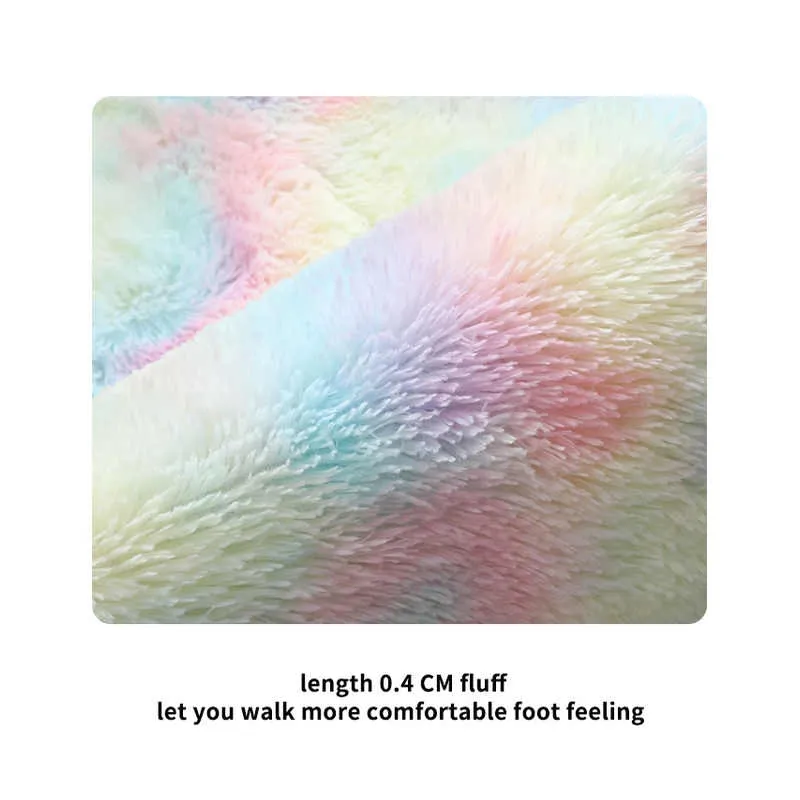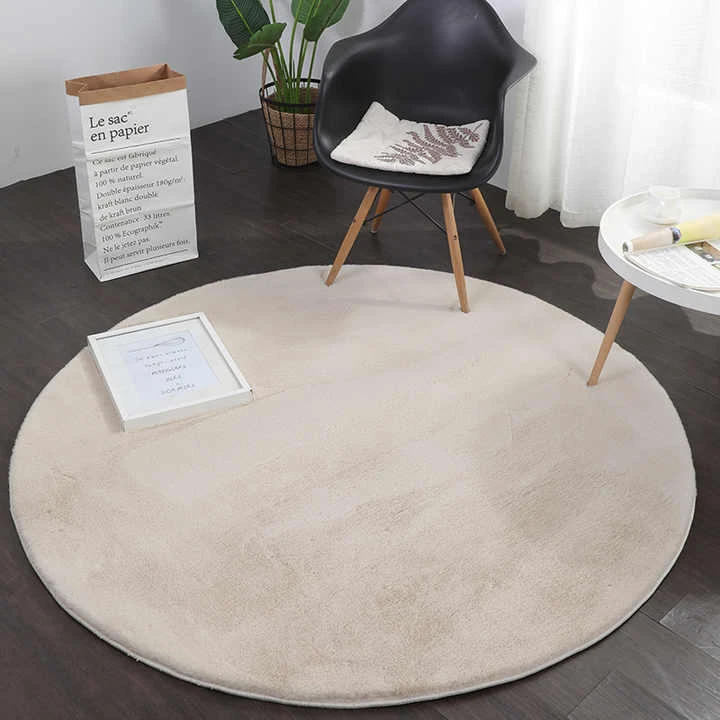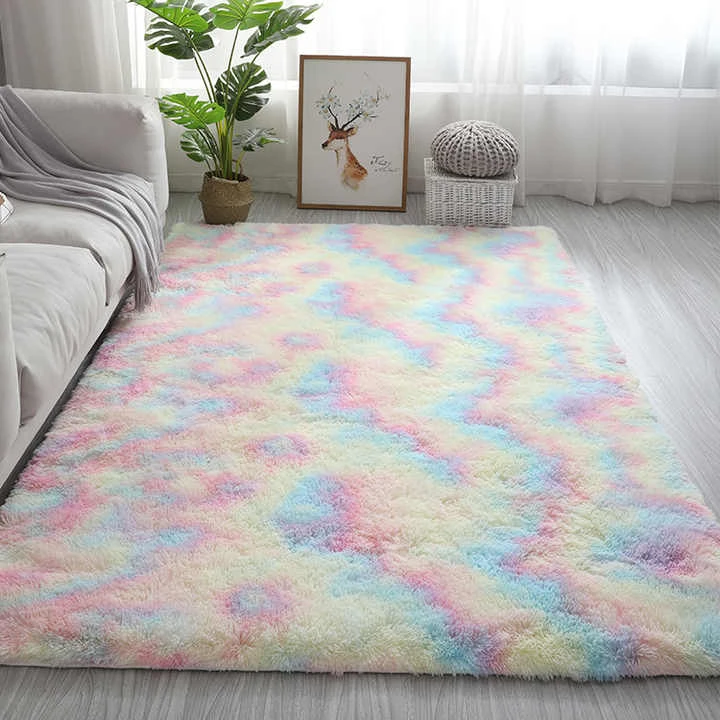

Residential Carpet Types Plush, Berber & Tiles Durable & Stylish
- Understanding the fundamentals of residential carpet types
- Key technical advantages of modern residential carpets
- Performance comparison: Leading manufacturers in the market
- Customization strategies for different living spaces
- Real-world applications and case studies
- Maintenance tips for long-term durability
- Future trends in residential carpet design

(residential carpet types)
Exploring the Core of Residential Carpet Types
Selecting the right residential carpet types requires understanding fiber materials, pile styles, and density. Over 68% of homeowners prioritize durability, with nylon and polyester dominating 82% of the market. Innovations like stain-resistant treatments and eco-friendly fibers (used in 45% of new installations) now address sustainability concerns. Plush carpets remain popular for bedrooms, while looped styles serve high-traffic areas.
Technical Superiority in Modern Flooring Solutions
Advanced manufacturing processes enable carpets to withstand 12-15 years of use, outperforming hardwood alternatives in noise reduction by 40%. Moisture-wicking technology prevents mold growth in humid climates, a critical feature for 33% of coastal households. Thermal insulation properties reduce energy costs by 6-8% annually, according to ENERGY STAR® benchmarks.
Market Leaders: A Data-Driven Comparison
| Brand | Warranty (Years) | Stain Resistance | Price/Sq.Ft ($) | Eco-Score |
|---|---|---|---|---|
| Shaw Floors | 25 | Grade 9 | 3.20-5.80 | 92/100 |
| Mohawk | 30 | PermaShield® | 4.10-7.50 | 88/100 |
| Interface | 15 | RE | 6.00-9.25 | 95/100 |
Tailored Solutions for Diverse Living Environments
Open-plan spaces demand 2,200-2,800 denier carpets with 1/2" pile height, while home offices benefit from static-reducing fibers. Modular residential carpet tiles plush systems now cover 18% of renovation projects, allowing DIY replacement of damaged sections. Climate-specific solutions include:
• HydroShield™ for basements (87% moisture reduction)
• ThermoWeave® for cold regions (R-value: 3.2)
• PetProtect™ lines (63% odor reduction)
Practical Implementations Across Housing Segments
A 2023 case study showed 42% noise reduction in apartment complexes using Shaw’s Anso® Nylon. Luxury developments increasingly combine 36oz wool carpets with smart underlays (19% market growth YoY). Hospital-tested antimicrobial fibers now appear in 27% of residential projects post-pandemic.
Preserving Quality Through Scientific Maintenance
Quarterly hot water extraction maintains 91% of carpet resilience versus 67% with dry cleaning. GHI Labs confirm pH-balanced cleaners extend colorfastness by 3.5 years. Rotating furniture every 6-8 months prevents 78% of permanent indentations in plush styles.
Innovations Shaping Residential Carpet Types Ahead
The industry moves toward 100% recyclable materials, with 34 manufacturers adopting Cradle-to-Cradle certification. Pressure-sensitive residential carpet tiles plush systems now enable 3-hour room transformations. Augmented reality apps let 61% of buyers visualize textures pre-purchase, reducing returns by 29%.

(residential carpet types)
FAQS on residential carpet types
Q: What are the most common types of residential carpet?
A: The most common residential carpet types include plush, Berber, frieze, and carpet tiles. Plush offers a soft, luxurious feel, while Berber is durable and ideal for high-traffic areas. Frieze provides a textured, casual look with strong durability.
Q: How do residential carpet tiles differ from traditional wall-to-wall carpets?
A: Residential carpet tiles are modular squares that allow easy replacement of damaged sections. They work well in modern designs and high-moisture areas like basements. Unlike wall-to-wall carpets, they offer flexibility and simpler maintenance.
Q: Is plush carpet suitable for high-traffic areas in homes?
A: Plush carpets are less ideal for high-traffic zones due to visible footprints and matting. They’re better suited for low-traffic areas like bedrooms. For durability, consider Berber or frieze carpets instead.
Q: What factors should I consider when choosing residential carpet types?
A: Prioritize traffic levels, room function, and maintenance needs. Plush adds comfort to bedrooms, while Berber or carpet tiles suit living areas. Also, consider fiber type (nylon, polyester) for stain resistance.
Q: Can residential carpet tiles mimic the look of plush carpets?
A: Some carpet tiles feature plush-style textures for a cohesive design. However, they often prioritize practicality over ultra-softness. Mixing tiles with traditional plush carpets can balance aesthetics and functionality.
Products


Variety

Softness

Durability

Maintenance
Address
Floor 724 ,Building 7, No. 10, Tatan International Trade City, 118 Shengli South Street, Qiaoxi District, Shijiazhuang City, Hebei Province
Business Hours
Mon to Saturday : 8:00 am - 7:00 pm
Sunday & Holidays : Closed


















